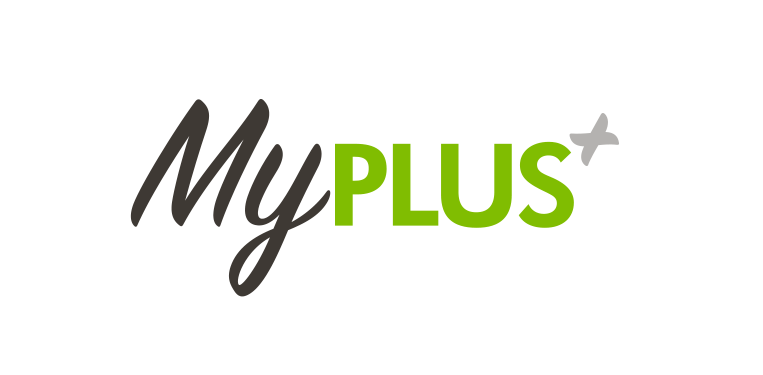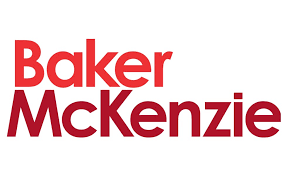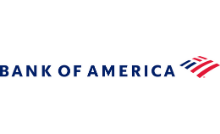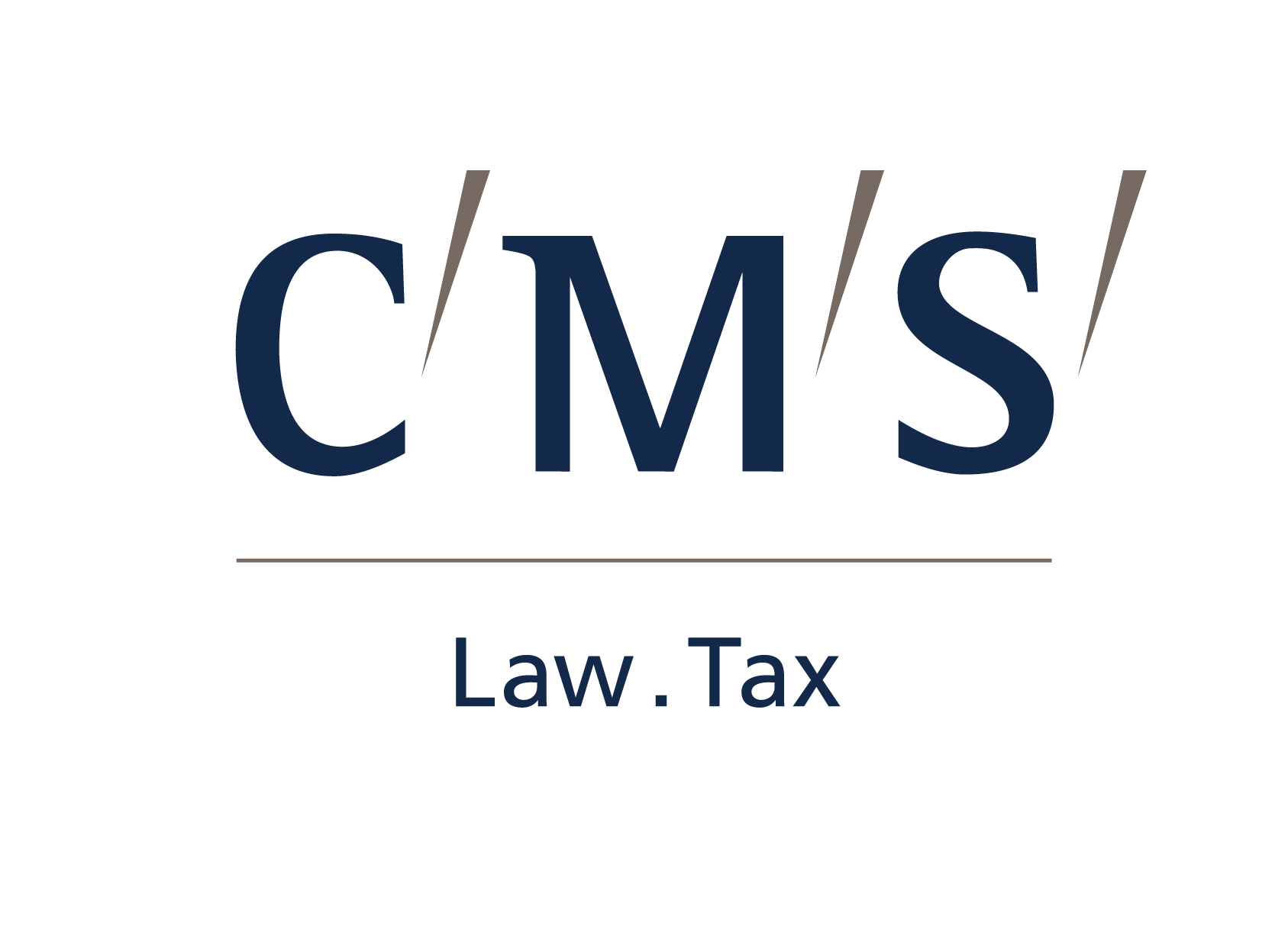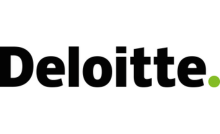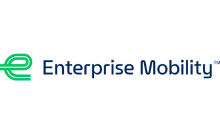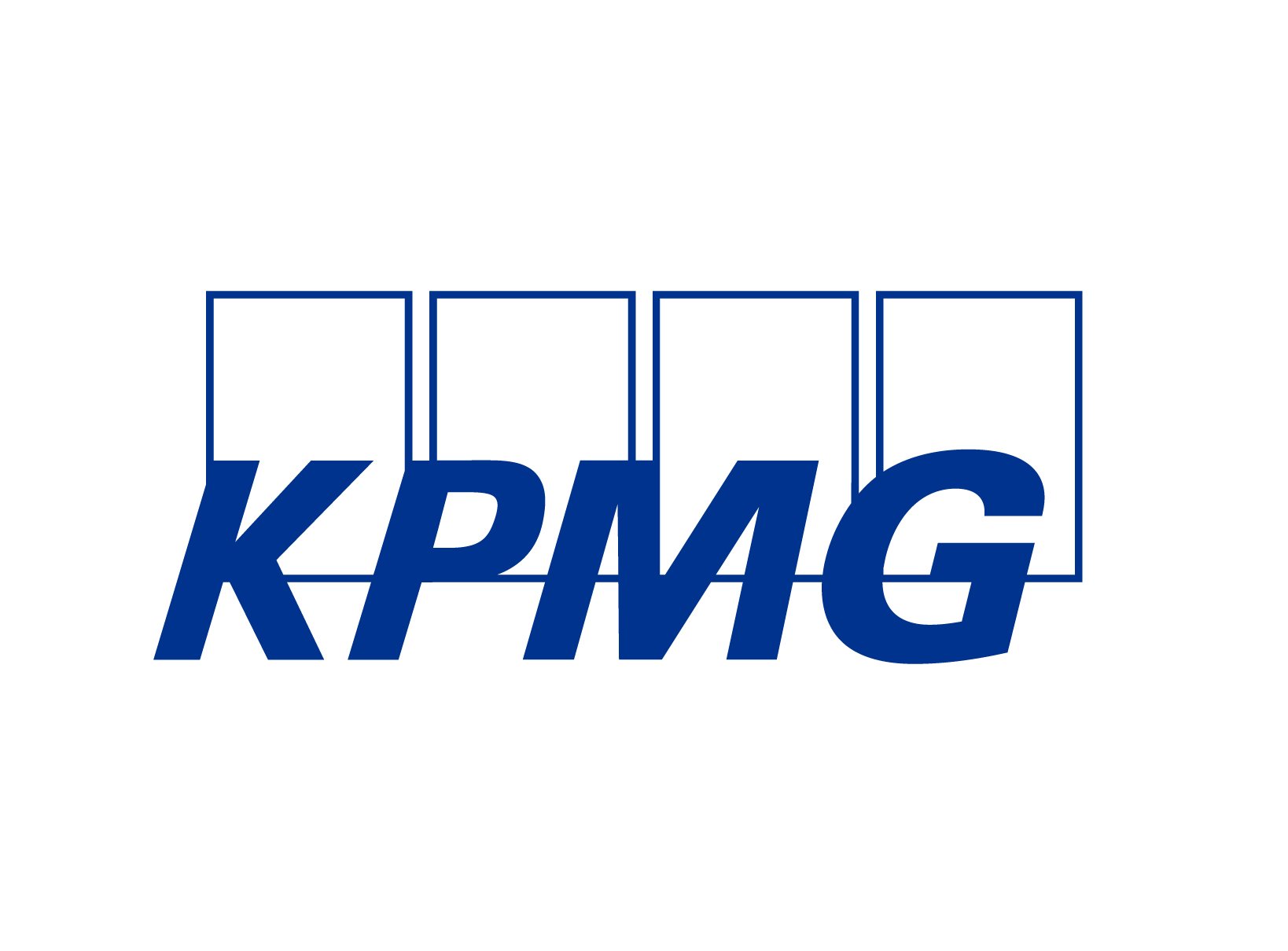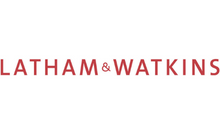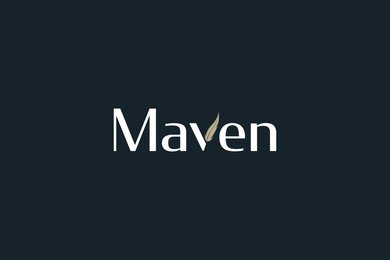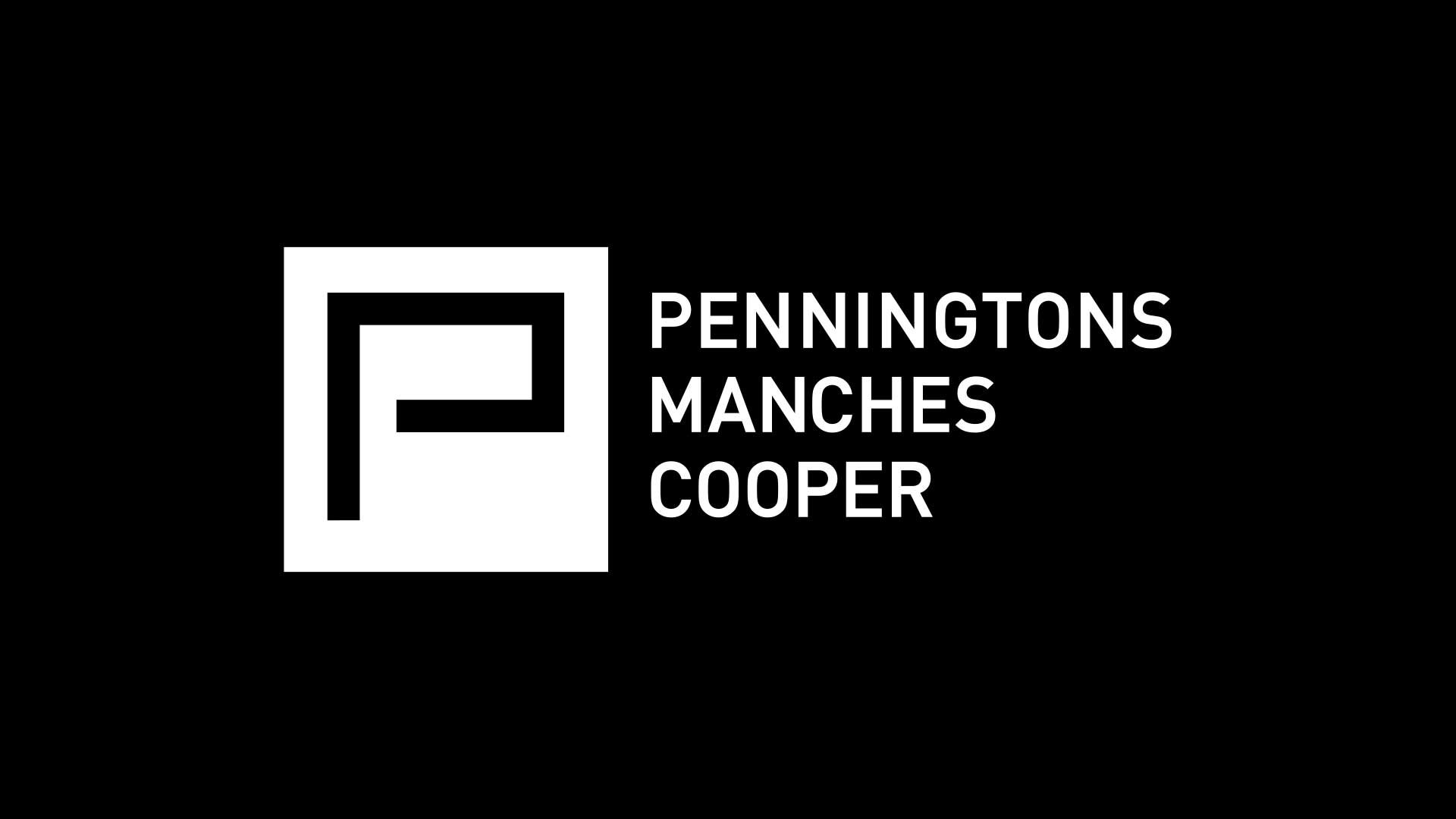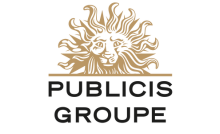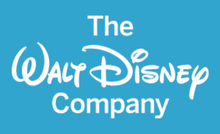Graduate Recruiter’s Disability Café Club 17 (GR’17)
Hosted by Reed Smith
> view the executive summary
> Read an event write up by 106 Comms: “I don’t want to be a nuisance”
On 16th March 2016 members of the Graduate Recruiter’s Disability Café Club, (GRDCC) along with other recruiters, students and graduates, came together at the London offices of Reed Smith for the first Café Club of 2016. The focus of the event was attracting disabled students to your organisation.
Helen Cooke, Director of My Plus Consulting and Founder of the GRDCC, welcomed the delegates. Helen began by acknowledging common obstacles which prevent organisations from attracting disabled students, including a lack of clarity in what you want to achieve and a fear of getting it wrong. Helen stressed the importance of having a well thought-out strategy in order to make real, sustainable progress achievable.
To kick things off delegates were asked to discuss what they hoped to get out of the event and were asked to write their responses on the paper tablecloths provided. Helen then moved on to present the key messages employers must communicate to disabled students. The conversations which took place throughout the afternoon were captured by a graphic recorder.
The first session focused on identifying the key messages that need to be communicated to disabled students. Helen began by stressing the need for recruiters to understand their target market; the 2 most important areas for recruiters to understand about disabled students are lower confidence levels and fear of being open about their disability. With this in mind, 6 key messages recruiters need to convey in order to attract disabled students include demonstrating that you are a disability confident organisation, reassuring disabled students that you want them, encouraging them to be open about their disability, detailing the accessibility of your recruitment process, providing examples of support available and profiling role models.
Delegates then had the opportunity to discuss amongst themselves what key messages they were going to communicate to the growing talent pool of disabled students. After fifteen minutes, delegates were invited to move to a new table to build on their previous discussions and hear different perspectives and insights. After three rounds of conversation Helen then led a feedback session in which delegates were given the opportunity to share what stood out from their conversations.
After a short break, Helen turned the focus to how to communicate the messages discussed in the first session to the 11.5% of students who have a disability. Helen identified 7 key methods of engagement: your organisation’s own website, engagement with university services, on-campus student ambassadors, events, collateral, use of social media, and optimising your profile on www.greatwithdisability.com. Once again, delegates were given the opportunity to discuss what they had heard.
During the final part of the Café delegates assembled around the graphic recording and Helen took them through what had been discussed during the course of the afternoon. Delegates then returned to their tables to think about what key actions they would take away from the event. A feedback session then followed and Helen closed with her key recommendations for recruiters. The formal Café session came to an end prior to drinks and canapés being served.
Many thanks to Reed Smith for kindly hosting the 17th Disability Café.
